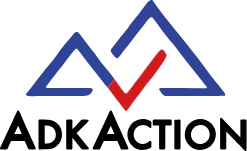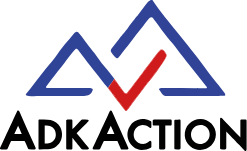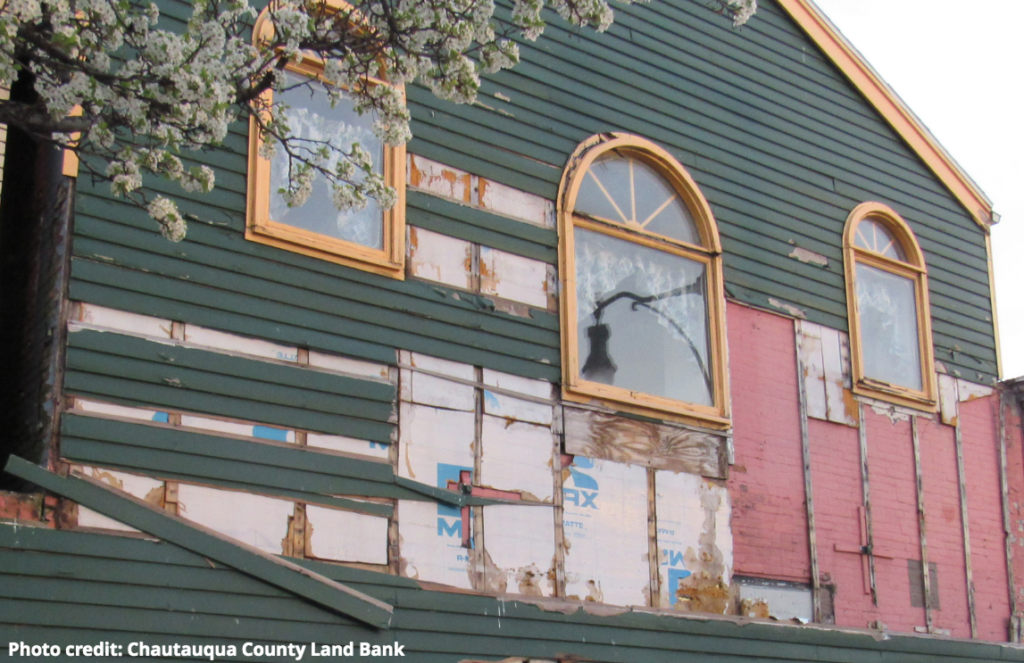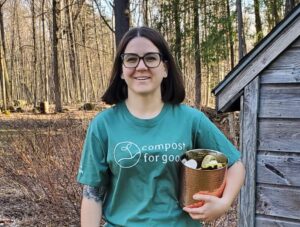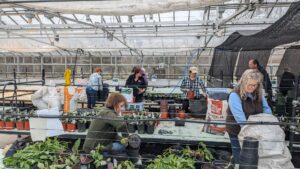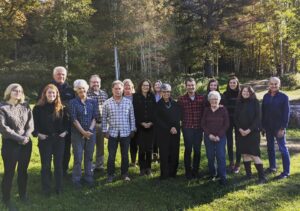What is a Land Bank and how might one help with the housing issues in the Adirondacks?
This past fall, we sent out a survey to our members and subscribers to gather input on what issues they see as critical in the Adirondack region. Many members expressed concern about the lack of quality, affordable housing, which prevents people from staying in and moving to our region, and therefore limits the economic and social capacity of this area.
There are several organizations in the Adirondacks focused on housing issues already, and we’ve learned that the Housing Assistance Program of Essex County, HAPEC, is currently conducting an Adirondack-wide Housing Needs Assessment. According to a press release, HAPEC will document and summarize the results, present its findings, and make recommendations on how to improve housing stock to better support local residents and communities. AdkAction will keep its members up-to-date when the needs assessment results become available.
In the meantime, AdkAction leadership has identified Land Banks as a potentially powerful mechanism for refreshing the area’s housing stock. Land banks are semi-governmental bodies created to manage and repurpose blighted, abandoned, or foreclosed commercial and residential properties.
Land banks are a direct response to this growing trend of property vacancy and abandonment resulting from the Great Recession. They are created to strategically acquire problem properties and revive them for the best community use, not just resell to the highest bidder. Essentially, land banks acquire problem properties, eliminate liabilities, and transfer the properties to new, responsible owners in a transparent manner that results in outcomes consistent with community-based plans. At their best, land banks can overcome some of the most difficult barriers to returning properties to productive use and convert them into assets for community revitalization.
There are multiple options for how a land bank can be structured and operated. They usually have unique powers and are granted by state enabling legislation which allows them to accomplish their goal of repurposing property in ways unavailable with existing government institutions. For example, if an area has a shortage of affordable housing, a land bank can help address the problem by renovating problem properties into more affordable housing.
In New York, a county, municipality, or multi-jurisdictional partnership must first apply to the New York Land Bank Program, with partial funding then coming from the state Office of Community Renewal. A land bank approach in the North Country could go a long way toward addressing problem properties, reducing blight, and increasing the supply of quality housing. Land banks can also help grow the local tax bases, and by encouraging renovation, they would improve residents’ quality of life and increase their property values.
According to Adam Zaranko, Executive Director of the Albany County Land Bank and President of the New York State Land Bank Association, it may be beneficial to consider a multi-jurisdictional land bank in the North Country to improve access to funding resources. For example, the Greater Mohawk Valley Land Bank serves Herkimer, Otsego, Montgomery and Schoharie Counties, as well as the City of Rome and City of Utica. Though a land bank covering the entire North Country regional may be too big to be effective, smaller grouping of counties may be promising candidates for land bank slots.
Stay tuned for more information about the housing issues and the land bank model. Housing is not an AdkAction project area at this time, but responding to unmet needs identified by our members is always a top priority.
